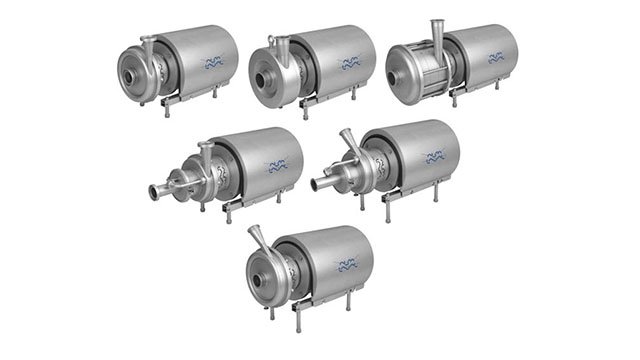Control valves, or simply valves, are crucial to numerous industrial processes and applications. Without them, many critical industrial control systems would not operate. Generally, they control things like fluid flow, gas release, and movement of other chemicals through simple or complex conduits like industrial pipes. Of course, controlling such complex systems requires a high level of expertise and experience. Given the pace at which industrial technologies advance, many firms, like PPS Professional Process Systems, focus on ensuring that their staff is updated with all the latest development in valve technology and industrial control processes.
A valve controls a specific part of an industrial process at a basic level. For example, it can alter the lumen of a pipe or any such conduit to regulate the pressure of a liquid or gas. Doing this is necessary when increasing or decreasing variables like pressure and temperature.
An average manufacturing plant will have numerous control loops to ensure a smooth production process. Sometimes, these control loops are useful when examining certain scientific phenomena. For instance, a control valve might regulate atmospheric airflow into a specific chamber while studying its humidity and chemical components. Control loops have to be synchronized to work together for the big picture. All the data points collected by the different control loops are collated and processed to give a clearer picture of the phenomenon being studied or achieve a certain production end. This end could be increased viscosity or reduced fluid pressure.
The control process involves two basic components: sensors to pick up and gauge the intensity or quantity of the variable needed and a controller to process the data needed for interpretation. Load disturbance occurs when an undesirable change occurs in one of the measured variables. This is an inevitable part of any industrial process where control valves are involved due to many variables being measured and controlled simultaneously. The controller is there to take things back to a baseline level once it quantifies the many variables. In this sense, controllers are the “master control valves” that oversee and regulate the tasks of other smaller valves.
Control valves are important in industrial processes because they help achieve certain desired outcomes. These include:
- Maintenance
Processing modern industrial settings would be nearly impossible to streamline without valves. They are crucial to the overall bottom line of industrial production. Neglecting them usually comes at a great cost. Control valves need regular maintenance checks to ensure they are in good working condition. Good control valves mean efficient production and less downtime. With modern software, you can monitor control valves remotely and pick up potential problems before they become a disaster. Monitoring control valves means getting regular data about their temperature, tensile strength, and other parameters affecting their efficiency. This ensures that control valves are kept working at optimum levels.
- Product Quality
A “quality product” is produced exactly according to its blueprints or initial plan. In industrial settings, this is the epitome of producing successful products. A high-quality process, therefore, becomes essential to producing high-quality products. The more variables there are, the greater the chances for load disturbances and more likelihood of producing low-quality products. Control valves are a crucial part of quality management. With good control valves in place, you avoid quality issues upfront instead of dealing with them later.
A typical manufacturing plant will produce a range of products. These could be raw materials or finished products. Anything found to be of unacceptable standards is discarded or recycled. With efficient control valves, manufacturers can have less discarding and recycling to worry about.
- Safety
Safety is paramount to industrial processes. This is especially essential in industrial plants that deal with dangerous chemicals and substances. For instance, a plant that manufacturers toxic chemicals like insecticides must ensure that its control valves are always working at optimum levels. Failure of any control valves that regulate pressure in the storage tanks could result in an atmospheric release of these toxic substances, causing mass casualties. Many of these manufacturing plants have safety protocols to mitigate the disastrous effects of an accidental chemical release or other unwanted effects like fires. Control valves are a crucial part of many of these safety mechanisms.
Having control valves in industrial processes makes life easier by ensuring that things go smoothly.
































